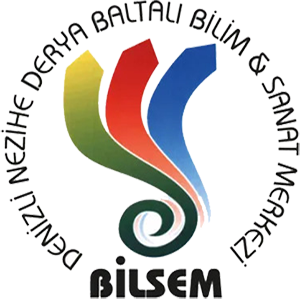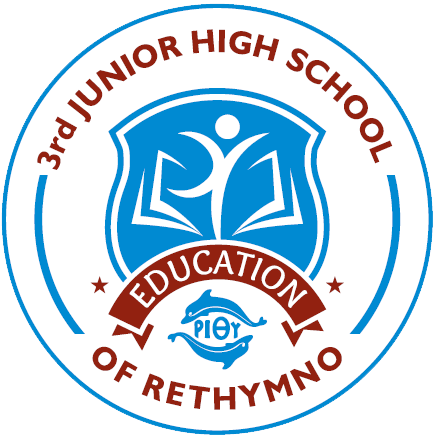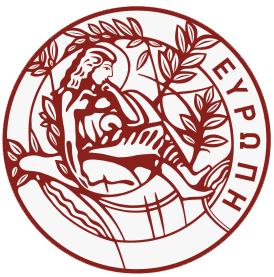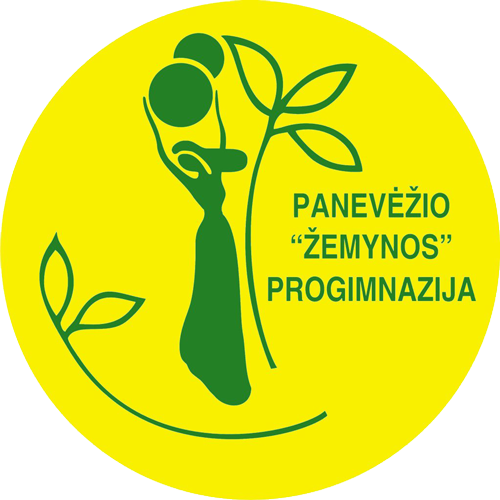
"INNOVATIVE SCHOOLS: TEACHING & LEARNING IN DIGITAL STEM LABS"
2020-1-TR01-KA226-SCH-097611

On the basis of the Intellectual Output 1, the joint delivery of the Curriculum Framework "DIGITAL STEM LABS” was launched. The Curriculum Framework:
• consists of three modules that address the educational contents related to the contemporary investigation (valorisation/interpretation and presentation) of STEM education.
• defines specific curricular elements of theoretical, methodical, technical and functional character.
• uses the learning outcomes/competence-based approach, i.e. each module sets out what secondary school students should know, be able to do and value.
• enables schools and teachers flexibility and ownership over curriculum in a rapidly-changing environment - sectoral and technological development (distance learning and teaching innovations/smart specialisation) as well as on-going educational reforms and regular school-based modernisation of the school curriculum.
Having said that, the tentative competencies of the secondary school students that was further elaborated by means of the learning outcomes and the respective modules of the Curriculum Framework “DIGITAL STEM LABS” are as follows:
• Understandings of the range of methodological approaches to STEM education investigation across academic disciplines and within professional practice, including digital education practices in STEM fields;
• Ability to interpret and analyse complex interdisciplinary findings relating to the investigation of STEM education in order to develop sustainable and effective strategies to the contemporary challenges, including distance learning and teaching and smart specialisation/smart solutions;
• Understanding of the conceptual and theoretical frameworks that guide STEM education practice at national and international levels, and how these may be applied in different contexts and disciplines;
• Knowledge of the complexity of STEM education investigation with particular reference to interdisciplinary issues;
• Ability to respond/communicate and participate effectively within interdisciplinary teams/with various key stakeholders in the field of distance education that enables secondary school students to execute a relevant small-scale research work in their local communities and design solutions;
• Capacity to respond with diverse participatory initiatives in STEM fields that are based on the wider participation of the local community members.







